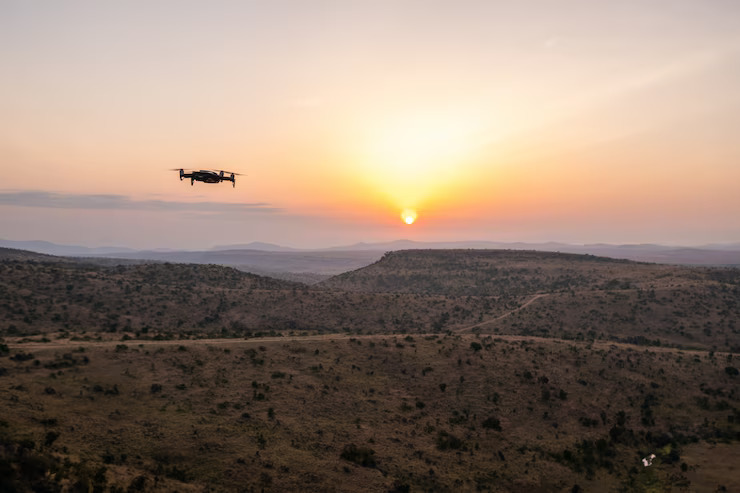The Government of Botswana is taking bold steps to modernise its national security, fire safety, and emergency response systems by integrating smart and data-driven technologies. Speaking at the Botswana Security and Fire Summit held in Gaborone, Acting Minister for State President, Ms Maipelo Mophuting, emphasised the importance of innovation in building resilient public safety infrastructures across the country.
In her keynote address, Ms Mophuting highlighted the critical role of technology in enhancing emergency preparedness, particularly in remote and wildlife-prone regions where response time can determine the scale of disaster impact. She pointed to drone-based early detection and response systems as a vital upgrade for Botswana’s fire services.
“Fire services, regardless of geographical location, must be equipped with drone-based early detection and response capabilities, particularly in wildlife-prone areas where timely interventions could mean the difference between containment and catastrophe,” she stated.
The summit, which gathered stakeholders from government, the private sector, and the tech industry, served as a platform for fostering partnerships that can deliver practical solutions. Ms Mophuting called on innovators and private sector players to collaborate with the government in co-designing modern security systems tailored to both urban and rural settings.
“Let us co-design systems that strengthen not only detection, but also response and recovery systems that save lives,” she urged. She further noted that security is not solely a governmental responsibility, but a shared duty that begins at the grassroots level—within communities, schools, and through civic engagement.
According to Ms Mophuting, a sustainable approach to national security requires trust and participation from citizens. “Security is not a top-down approach, but should begin in communities, schools, neighbourhood meetings and in the trust between citizens and public servants,” she said.
Botswana’s modernisation drive aligns with global trends where countries are leveraging artificial intelligence, geographic information systems (GIS), predictive analytics, and real-time monitoring to enhance public safety. The government’s initiative aims to not only respond faster to emergencies, but also prevent them through smarter planning and integrated response frameworks.
As climate change increases the frequency and intensity of wildfires and extreme weather events, the integration of intelligent systems into national emergency management becomes a strategic necessity. By combining data, technology, and community-driven frameworks, Botswana is positioning itself as a forward-thinking nation prepared to meet 21st-century safety challenges head-on.
The summit concluded with a call to action for all stakeholders to prioritise innovation, sustainability, and collaboration in the development of future-ready emergency and security solutions.









